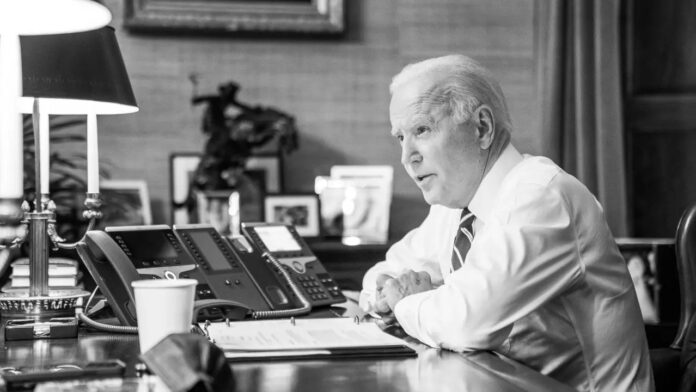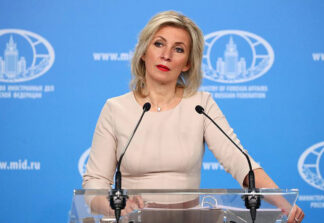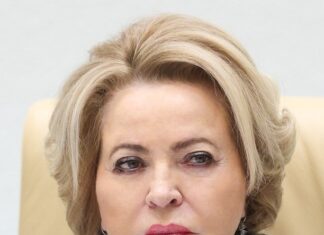By Michael Rubin
Azerbaijan continues to put finishing touches on Baku ahead of the COP29 international climate conference. Host governments treat the annual United Nations Climate Change Conference much like they treat the Olympic Games or FIFA World Cup: Not only do they rake in tourist dollars as delegates and visitors pack hotels and five-star restaurants, but they also rebrand themselves for the international audience.
The United Arab Emirates, the 2023 host, could not easily highlight its environmentalism given that it is the world’s eighth largest producer of oil and tenth largest gas producer and so it instead both projected itself as laying on the fault lines of climate change and tried to highlight its own contributions.
The United Arab Emirates is not the only monarchy or petro-state to host the climate conference. Qatar did in 2012 and Indonesia, another OPEC member, co-hosted in 2007. Azerbaijan’s selection was particularly pernicious, though.
On its face, Azerbaijan is a ridiculous choice. Azerbaijan cannot pitch itself as a potential climate victim; its chief environmental concern is not climate but its own pollution and the ability of those connected to the ruling Aliyev family to stand above the law.
It is among the world’s most authoritarian states and, according to Freedom House ranking, the least free country by far to host the United Nations Climate Change Conference. The Aliyev regime ranks just above the Taliban’s Afghanistan in total score, but Freedom House assesses Afghans have greater political rights under the Taliban than Azerbaijanis have under Aliyev. Freedom House also ranks Nagorno-Karabakh that Azerbaijan conquered just over a year ago and today administers, as the world’s least free place, worse than North Korea, Eritrea, or Tibet under Chinese rule. That many human rights voices that criticized speech restricts in Dubai or migrant labor practices in Doha are silent does not exculpate Baku; it only incriminates the selectively silent.









